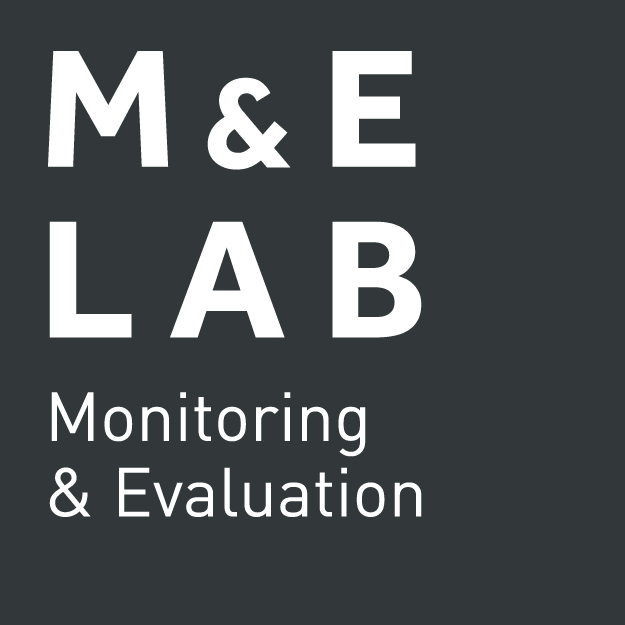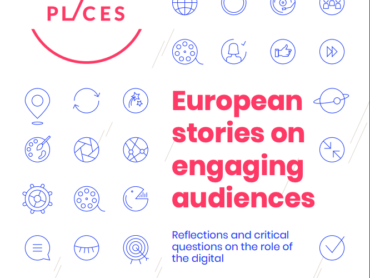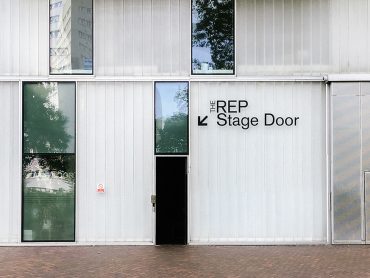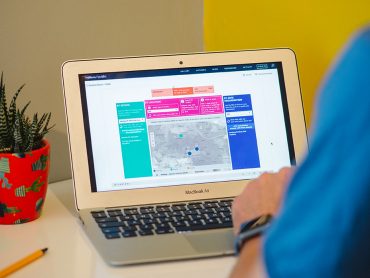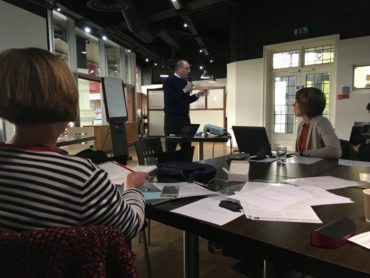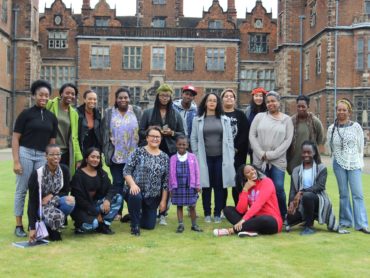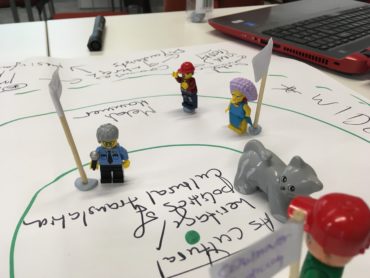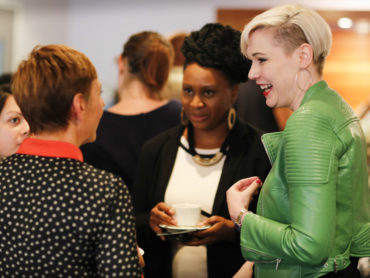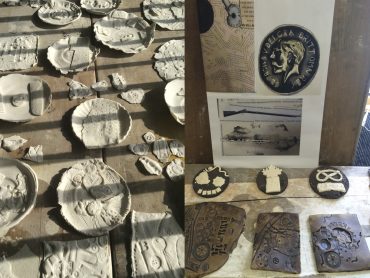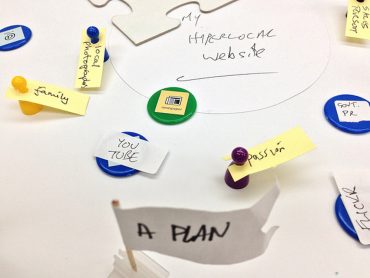The unexpected benefits of projects: evaluating Maker Monday commissions
We recently evaluated a project for BCU’s Maker Monday initiative, identifying the extent to which four new commissioned pieces of work delivered to expectation. The criteria for evaluation were identified from the original proposal documentation and as such, it was quite clear what we would need to be exploring, largely through interviews but also in observing the project in progress and existing project data. However, in doing so we were also able to provide the project team with some additional findings that were unexpected but welcome. As part of the purpose of such an evaluation is to identify best practice and recommendations for similar future projects, this is always useful.
Some of these findings came about because of the nature of the project. It involved four artists working with partner organisations in Birmingham – as they varied in their disciplines and approach, but also in being humans who will address a brief differently, it was useful to be able to identify the freedoms that they were afforded in taking the brief in their own directions. Some artists were able to work more independently, while others desired more guidance. Some partners took on unexpected roles, while other artists appreciated the consistency and space they were given in their work.
This open approach to our research is important, Yes, the key priority is to evaluate against any specific criteria as the basis for the work, but to also understand and appreciate the supporting narratives and look for the unexpected successes or other outcomes of the work. Where our report will inform other reports that Maker Monday are required to make for their funder Arts Council England, we can hope that such findings can be included and valued.
Photo credit: Maker Monday event, with permission from Alexa Hartwell
